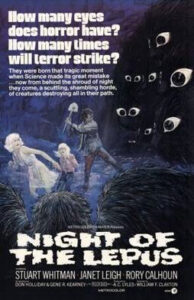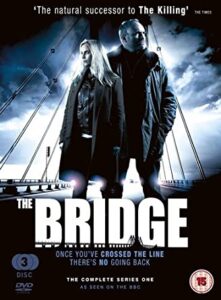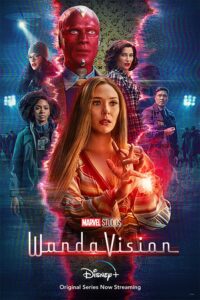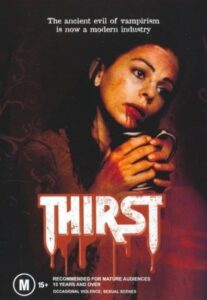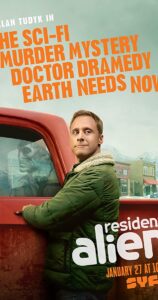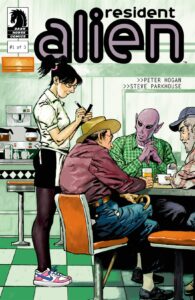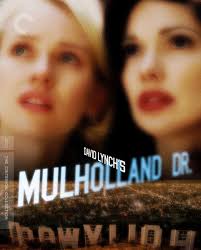Between H.R. 1, the fact that the current president had about 7 million votes more than his opponent and still only barely won the contest, and the deeply imbedded partisan in the system there has been a lot of talk about reforms needed to the USA’s election systems but there is another reason to enact reforms fast, to save the Republican Party.
Out system is a two-party system and the sort of ground up redesign to change that is simply not in the cards. Given that we locked into a two-party system it is essential that both parties be sane, viable, organizations fairly representing broad cross-sections of the American electorate. This is not the path we are on.
Our congressional districts having been gerrymandered into local one-party dominance enforces a drive for either party to the extremes. An incompetent, insane person like Marjorie Taylor Greene only has to win their primary to win a seat in government. As more gerrymandering draws more districts into this pattern the real election become the primary where fewer voters and more extreme voters decide the outcome. This was bad enough before 2016 but after Trump’s takeover of the Republican party and its commitment to a dwindling base of support and its adherence to lies and conspiracy theories, this is a design for disaster. As long as the primary process controls the outcome the situation will only get worse.
This is not an argument to kill off ‘conservatism’ however you might define that. This is the way to keep both parties, though the rot is far deeper on the right than on the left, responsive to the general electorate and not their fanatical bases. If we do not reform our election right now, we are headed for one of two futures, either the GOP, more insane and less connected to reality becomes the dominate political force by way of its current anti-democratic attacks on voting and the franchise or the Democratic Party becomes immune to challenge because the GOP has shrunk itself to a base unable to contest national elections completing its transformation into a regional rump party.
Both outcomes are bad for the Union. Our system requires two healthy sane parties and only by election reform can we return to that ideal.

